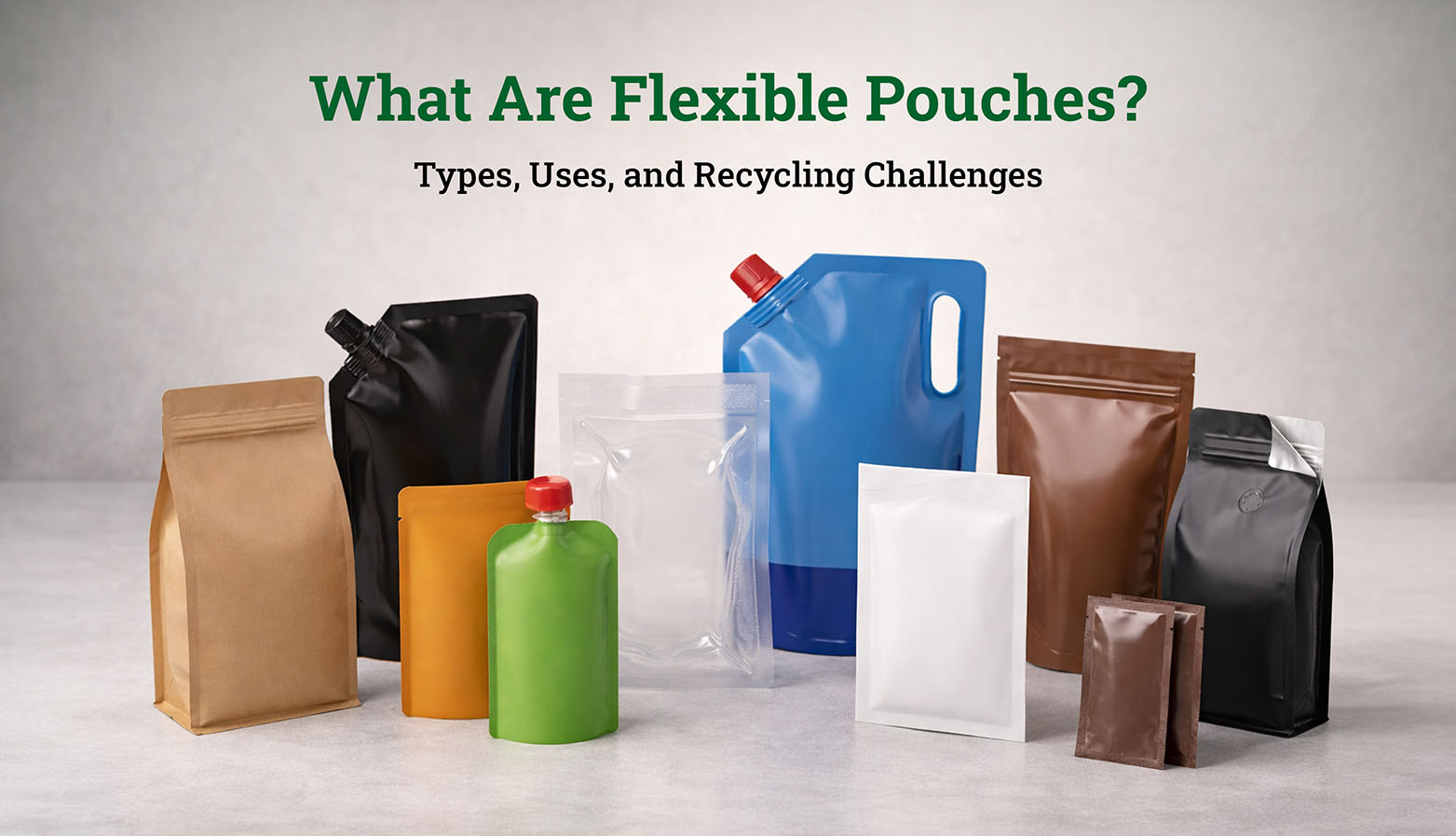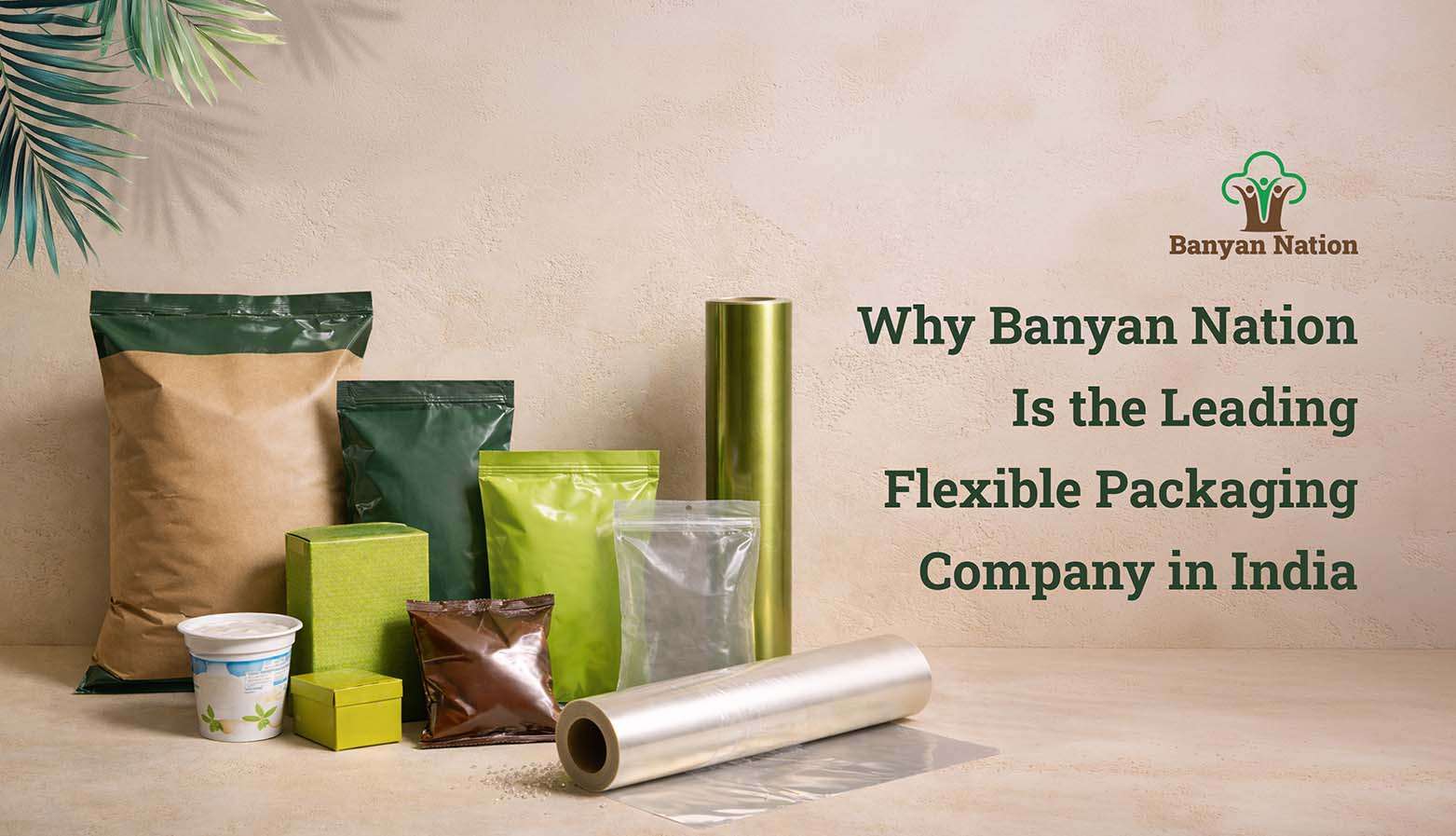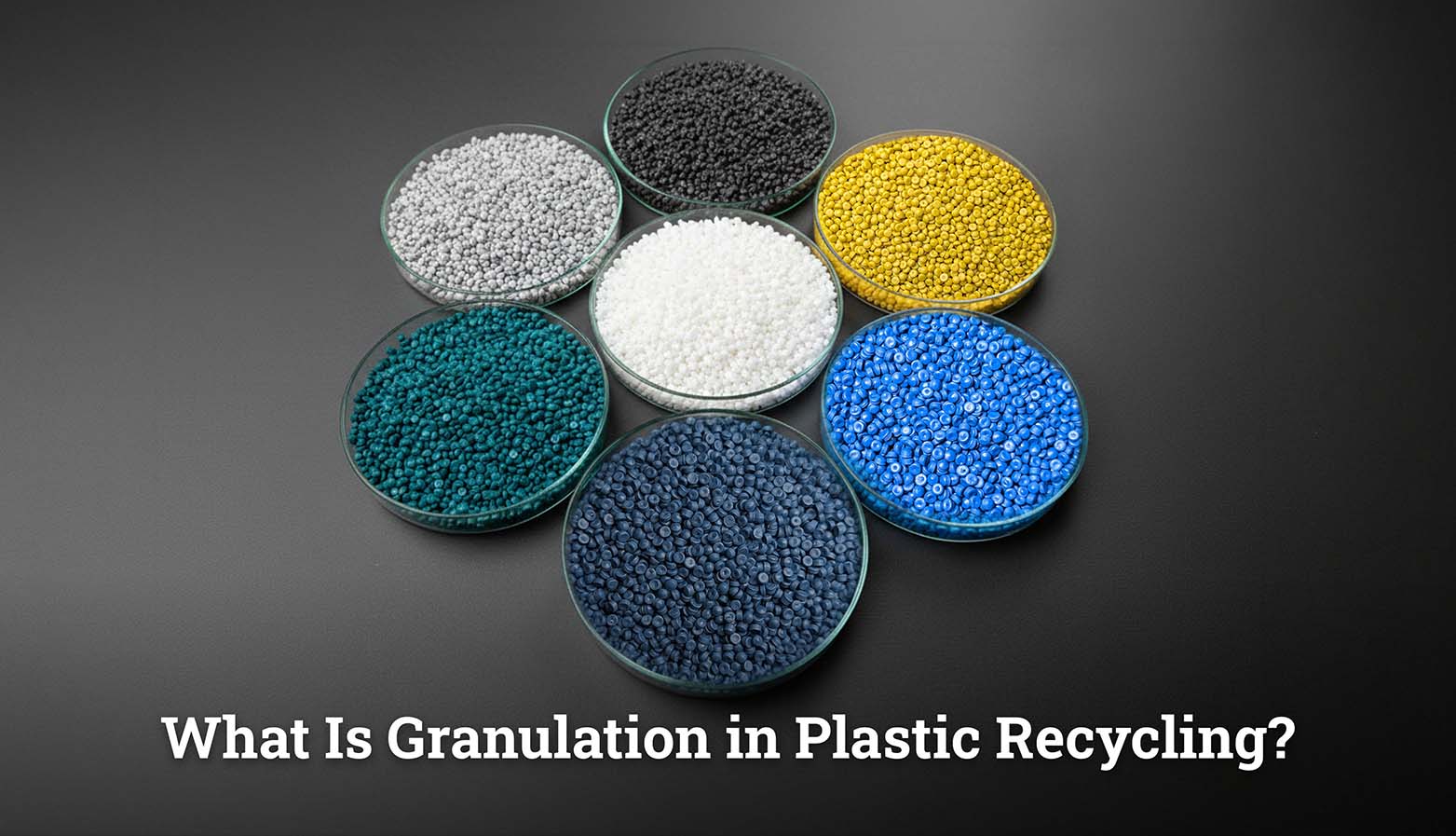United Nations Sustainable Development Goals (SDGs), a collection of 17 integrated goals to which all the UN member countries agreed in 2015, is an international strategy for world prosperity and peace, today and the future. These ambitious sdg goals encompass a vast spectrum of issues such as poverty, inequality, climate change, environmental degradation, peace, and justice. The attainment of these sdg goals is contingent upon the joint efforts of governments, enterprise, civil society, and people. Of the various methods crucial for the accomplishment of this international agenda, recycling is a powerful and useful tool. Recycling has a direct effect on several sdg goals by turning waste into value-added resources, with tangible means towards a more sustainable world. The importance of recognizing the fundamental connection between resource management and planetary wellness cannot be overstated in the creation of a world where human and environmental health can co-exist. This blog will explore the underlying connections between recycling efforts and the UN’s sustainable development objectives, outlining the direct sdg goals that are greatly enabled through successful recycling efforts. From protecting irreplaceable natural resources and preventing climate change to enabling sustainable production and consumption and driving innovation, the contribution of recycling in meeting the sdg goals is enormous and ever more important in the fast-evolving world today. It is this holism that enables companies such as Banyan Nation to position their business with the global agenda for sustainability in a way that their actions will have a sustainable and meaningful impact.
What Are Sustainable Development Goals?
Sustainable development goals meaning, or the Global Goals means a call to action for all people everywhere to end poverty, protect the planet, and ensure peace and prosperity for all by 2030. The 17 Sustainable development goals expand on the Millennium Development Goals (MDGs) and add new areas like climate change, economic inequality, innovation, sustainable consumption, peace and justice, among other goals. The interlinked character of the sdg framework acknowledges that action in one will impinge on results in another, and that development will need to balance social, economic, and environmental sustainability.
- Sustainable development goals give a common international platform for meeting the globe’s most difficult problems.
- Sustainable development goals focus on the overall approach, acknowledging the interdependence among various development dimensions.
- They demand fair partnership and collaboration between different stakeholders to attain them.
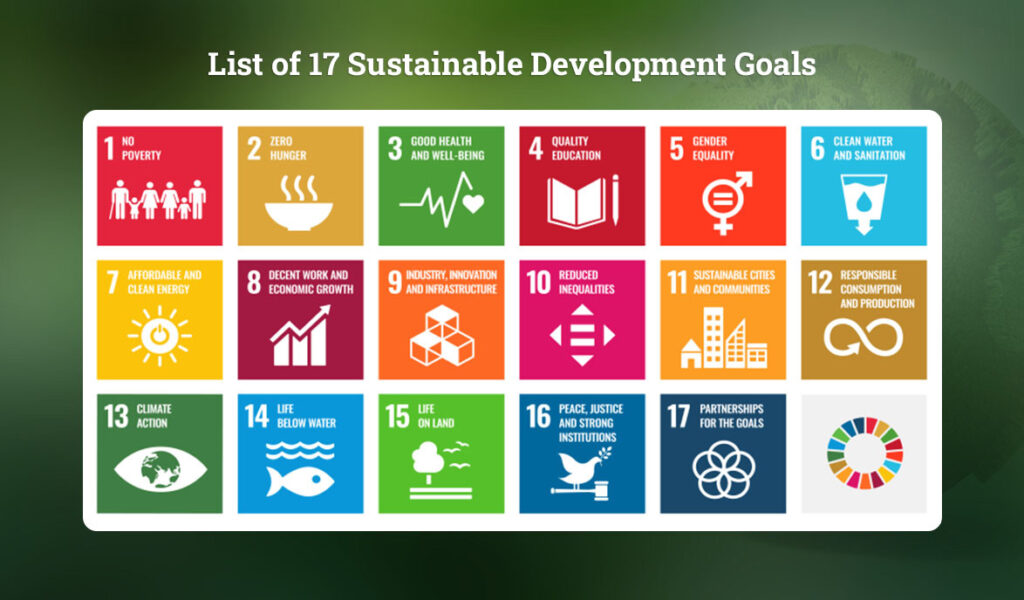
List of 17 Sustainable Development Goals
The 17 list of sustainable development goals provide a comprehensive roadmap for global action:
- No Poverty
- Zero Hunger
- Good Health and Well-being
- Quality Education
- Gender Equality
- Clean Water and Sanitation
- Affordable and Clean Energy
- Decent Work and Economic Growth
- Industry, Innovation and Infrastructure
- Reduced Inequalities
- Sustainable Cities and Communities
- Responsible Consumption and Production
- Climate Action
- Life Below Water
- Life on Land
- Peace, Justice and Strong Institutions
- Partnerships for the Goals
Which SDG Goal is Related to Recycling?
Although recycling is helping to support a number of the United Nations sustainable development goals, it is most directly and specifically aligned with SDG 12: Responsible Consumption and Production. This target out of the 17 sustainable development goals addresses promotion of sustainable consumption and production patterns and includes targets for environmentally sound waste management and reduction of waste through minimizing, reusing, and recycling. Yet, all the goods accomplished by sdg recycling are not limited to SDG 12 to attain goals of climate action, resource saving, and economic development.
Role of Recycling in Sustainable Development Goals
The role of recycling towards United Nations sustainable development goals is threefold and vitally important in the quest for a more equitable and sustainable world. Recycling helps to preserve virgin resource extraction that can be held culpable for deforestation, habitat destruction, and the use of energy. Furthermore, recycling involves processing technologies that require less energy than producing products from raw material sources, resulting in less greenhouse gas emissions and contributing to the prevention of climate change (SDG 13). Proper waste management and recycling also help to achieve cleaner and healthier urban and community environments (SDG 11), and in developing new industries and employment opportunities in the recycling industry, it promotes decent work and economic growth (SDG 8).
Importance of Recycling in Sustainable Development Goals
The position of recycling in sdg cannot be overemphasized. In a world of increasing shortage of resources and environmental pressures, recycling offers the genuine solution to detaching economic growth from environmental degradation. Recycling presents an example of a circular economy by maintaining materials in use for as long as possible, reducing waste and conserving our footprint on the planet. As highlighted in Banyan Nation’s previous blog post on the ₹3.5 trillion plastic recycling opportunity, circularity and increasing scale of recycling are not only environmentally friendly but also bring significant economic benefits aligned with the broader agendas of sustainable development. Furthermore, by reducing disposal of waste on landfill and leakage into the environment, particularly the ocean (SDG 14) and land (SDG 15), recycling plays a key role in protecting biodiversity and the well-being of ecosystems.
How Banyan Nation will help in Achieving Sustainable Development Goals
Banyan Nation’s business model is by nature aligned with achieving the sustainable development goals, particularly SDG 12 and SDG 13. Digitalizing the informal recycling sector to make it legal, ensuring high-quality recycling products, and supplying traceable recycled plastics to manufacturers, Banyan Nation is contributing directly to sustainable consumption and production patterns. Data-driven strategy by Banyan Nation maximises recovery of resources and minimizes virgin plastic production needs and in turn greenhouse gas emissions associated with it and empowers recycling community participants. In addition to ensuring quality and transparency, Banyan Nation is developing a circular plastics economy in India, solving the problem of environmental wastes of plastics while creating economic opportunities and social welfare linked to a wide range of SDG goals.
Conclusion
Recycling is a foundation of the world’s pursuit of the UN’s sustainable development goals. Its impact can be seen in a number of SDGs from securing sustainable consumption and production, to climate change, to conservation of scarce resources. Borrowing and scaling up effective recycling models is not only an environmental imperative but also a means to reaching a better, fairer, and more sustainable world for everyone. Companies such as Banyan Nation, with their innovative and holistic method of recycling, are leading this revolution and setting the tone for how business solutions can be great enablers towards the aspirational sdg goals.
Read more on How Integrating the Informal Sector Enhances Sustainable Waste Management in India
FAQ's
What is the connection between recycling and sustainable development?
The relation of recycling and sustainable development lies in the fact that recycling saves natural resources, lessens energy use and green gas emissions, reduces landfills, and can generate economic benefits, which are the very pillars of sustainable development. Recycling directly aligns with the concepts of environmental sustainability, economic feasibility, and social justice.
How does recycling contribute to SDG 12 – Responsible Consumption and Production?
Recycling is a principal way to deliver SDG 12 through the promotion of sustainable natural resource management and use (Target 12.2), significant reduction of the generation of waste (Target 12.5), and the promotion of sustainable production practices among industries (Target 12.4).
What are the challenges in using recycling to achieve SDGs?
Challenges are poor infrastructure and collection systems, low public participation and awareness, pollution of waste streams, definitive recycling procedures and lack of control of quality, and economic feasibility of recycling activities versus virgin material production.
How can individuals contribute to SDGs through recycling?
The individuals can contribute to this by practicing proper source-segregated waste, participating actively in recycling, buying products that contain recycled content, voicing demands for better infrastructure and policies, and educating the people on why recycling is vital for sustainable development.
Making recycled packaging the norm.
CITATIONS:
- United Nations. (n.d.). The 17 Goals. Department of Economic and Social Affairs, Sustainable Development. Retrieved from https://sdgs.un.org/goals
- UNEP. (2015). Sustainable Consumption and Production: A Handbook for Policy Makers. United Nations Environment Programme. ( https://www.unep.org/explore-topics/resource-efficiency/what-we-do/sustainable-consumption-and-production-policies )
- EEA. (2020). Circular economy and resource use. European Environment Agency. Retrieved from https://www.eea.europa.eu/themes/waste-and-material-resources/circular-economy
- OECD. (2018). Towards Sustainable Material Management: Stocktaking of Global Data and Policies. OECD Publishing.( https://www.oecd.org/en/publications/sustainable-materials-management_9789264174269-en.html )
- Singh, J., Gupta, S., & Mohan, K. (2021). Waste Management and Sustainable Development Goals: A Review. Environmental Science and Pollution Research, 28(37), 50718-50734.
- Velis, C. A. (2020). The role of informal waste workers in achieving the Sustainable Development Goals. Waste Management & Research, 38(1), 6-9.
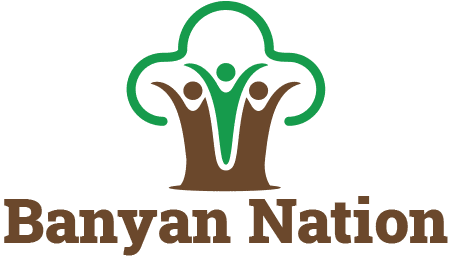
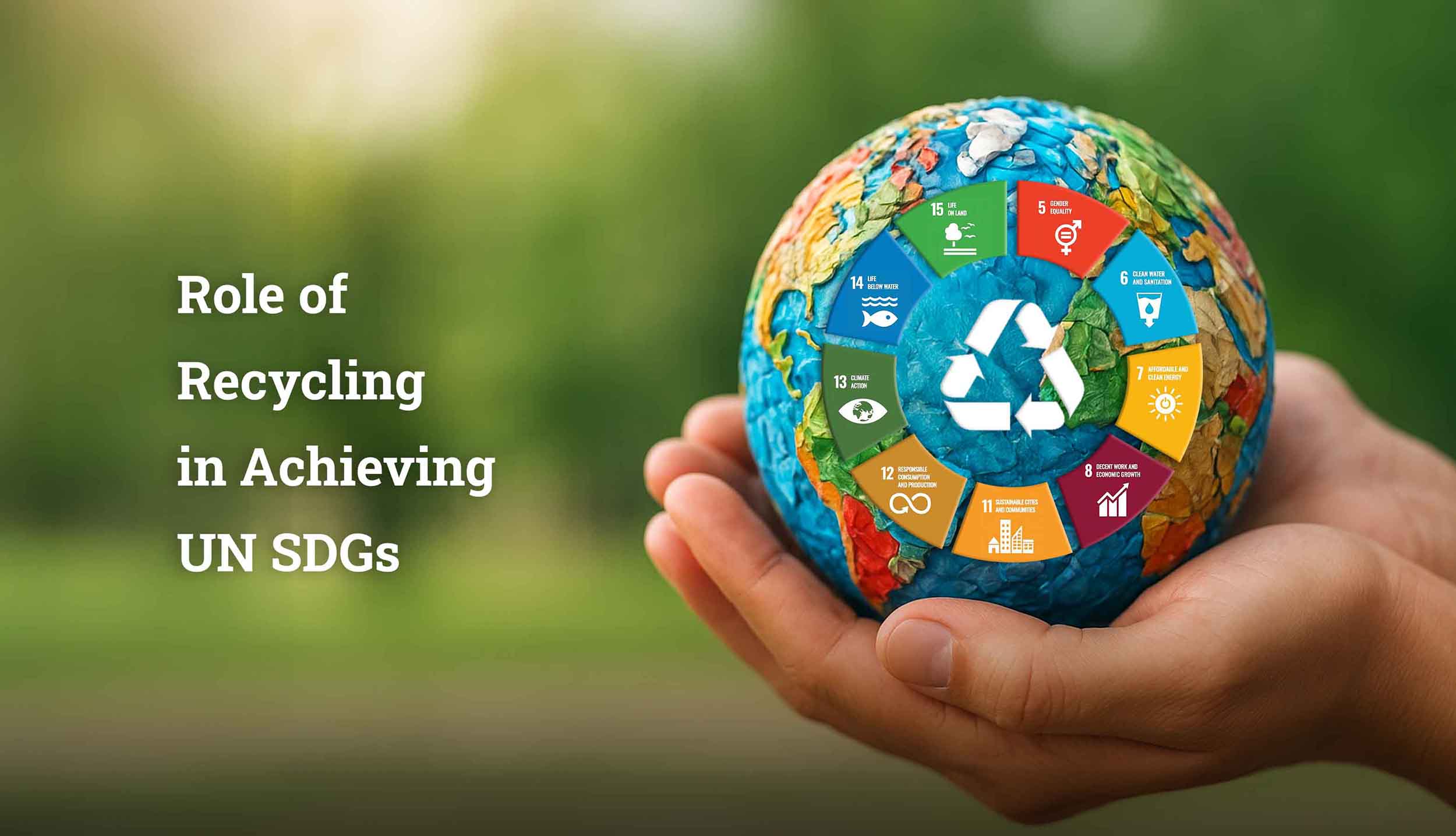
 What Are Flexible Pouches? Types, Uses, and Recycling Challenges
What Are Flexible Pouches? Types, Uses, and Recycling Challenges Why Banyan Nation Is the Leading Flexible Packaging Company in India
Why Banyan Nation Is the Leading Flexible Packaging Company in India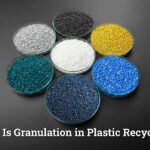 What Is Granulation in Plastic Recycling?
What Is Granulation in Plastic Recycling?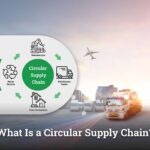 What Is a Circular Supply Chain?
What Is a Circular Supply Chain?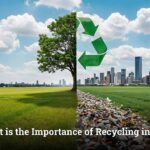 What is the Importance of Recycling in India?
What is the Importance of Recycling in India?